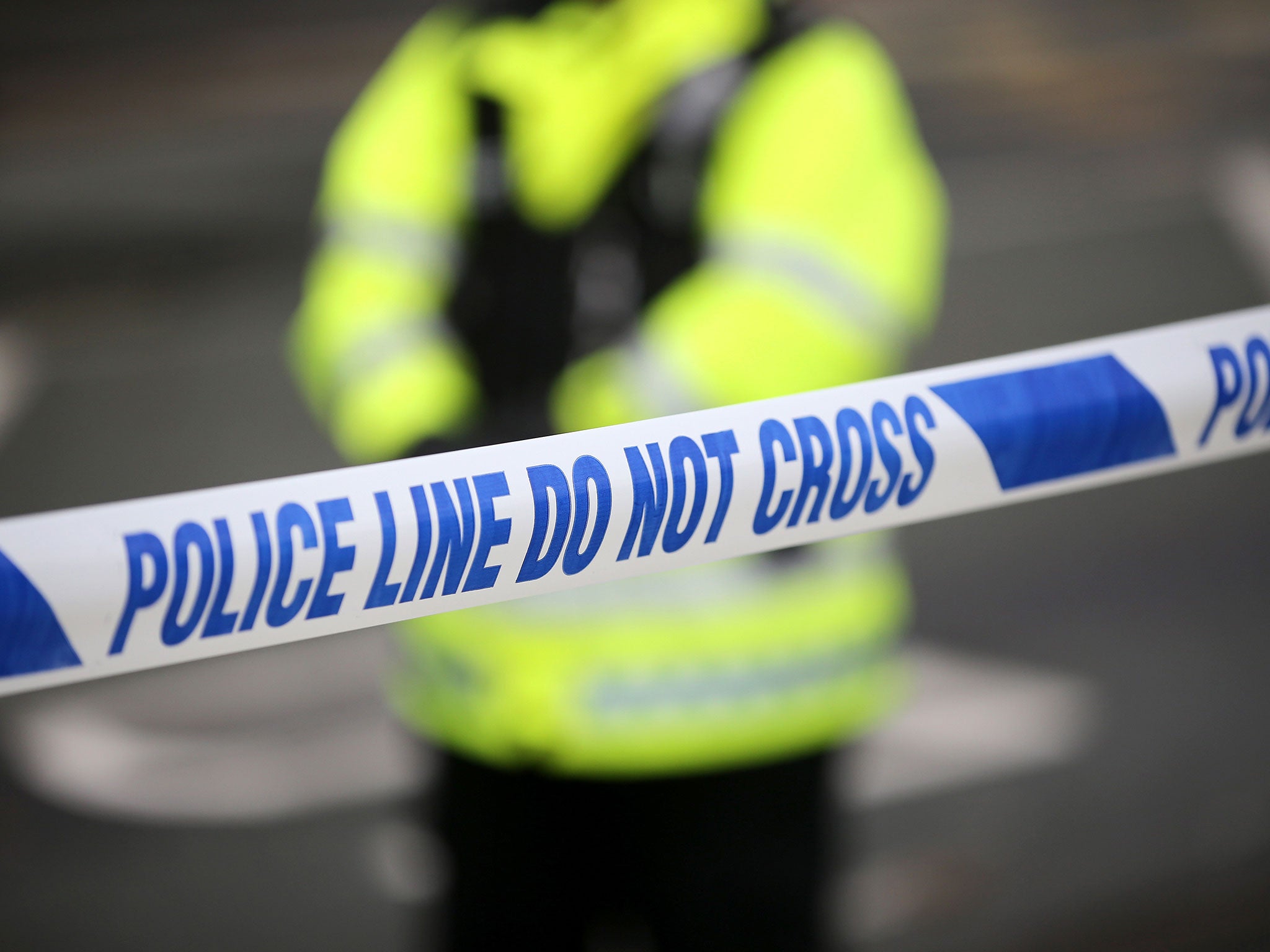How will recording misogyny as a hate crime impact victims?

Recording misogyny as a hate crime does not create any new crimes but instead provides a way for police forces to draw patterns, introduce prevention strategies and track down serial perpetrators.
Current hate crime laws sets out five components which are tracked — race, religion, sexual orientation, transgender identity and disability — with campaigners now wanting misogyny to be added to this list.
Labour’s Metro Mayors gave their support to a parliamentary proposal launched by Stella Creasy, who wants the government to use the domestic abuse bill, which was debated in parliament on Monday, to make the police begin recording misogyny as a hate crime.
Sylvie Pope, who helped spearhead the campaign for misogyny to be treated as a hate crime, told The Independent the new measures hope to raise awareness of the prevalence of such crimes among the police.
The 22-year-old Manchester University graduate, who founded the Greater Manchester Citizens misogyny hate crime campaign, said: “The new measures could influence night time strategies across forces so that women feel safer walking home. Women across faith-based communities from a range of ethnic backgrounds have been campaigning for misogyny to be recorded as a hate crime.
“Police can start doing it from today. Now that the mayors have backed the calls, we hope to see more police forces adopting it immediately. Seven forces in the UK are already doing this. The power is in naming the problem. When you name what is happening, it raises the issue of misogyny among the police.”
Nottinghamshire Police became the first police force to expand the scope of hate crime to include misogyny back in 2016 — with Ms Pope noting women report feeling safer and more confident to come forward to police there.
Five police forces who deem misogyny as a hate crime have provided evidence to demonstrate how their new stance improves their ability to tackle misogyny-motived abuse.
Charlotte Fischer, of Citizens UK, said: “Recording misogynistic hate crime allows us to identify patterns and perpetrators; it supports women to be able to name the experiences they have, and to know they will be believed when they do so. By recognising how misogyny intersects with anti-black racism, antisemitism, Islamophobia, homophobia and other forms of discrimination we also can also map and understand how other forms of abuse affect women in specific and intersectional ways.
“Citizens UK is proud that our Nottingham chapter was the first to make misogyny a hate crime in the country; proud to partner with the Law Commission on the national review, and proud to support efforts to put misogyny into our legislation”.
Join our commenting forum
Join thought-provoking conversations, follow other Independent readers and see their replies
Comments